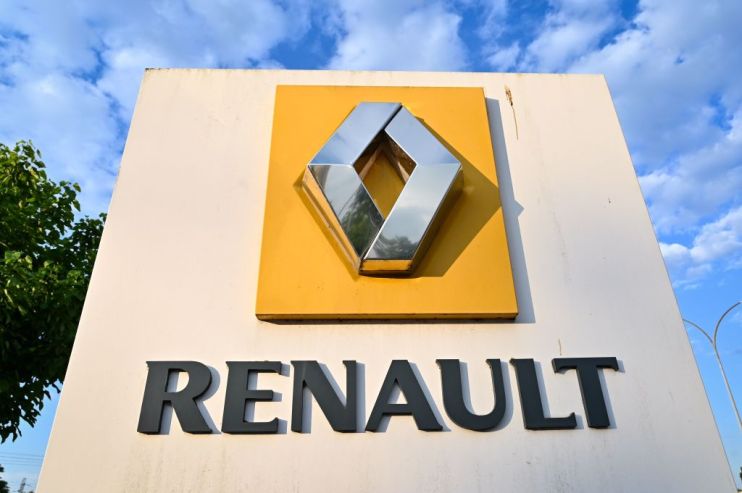Renault and Aston Martin backer Geely to launch UK firm injecting £6bn and creating 19,000 jobs

Renault and Aston Martin backer Geely have announced the launch of a new UK-based powertrain technology company, to manufacture low-emission hybrid and internal combustion engines.
An investment of up to £6bn will injected into the new outfit, which will employ 19,000 workers.
The two automakers said the new group would operate 17 engine plants and five R&D hubs across three continents, with the firms’ headquarters located in Britain.
It will aim to produce five million ICE’s and hybrid engines yearly – supplying companies including Nissan, Mistubishi and Volvo – with the goal of becoming a “global leader” in developing and manufacturing the technology.
The Saudi-backed oil titan Saudi Aramco is also evaluating an investment, according to the statement, and would contribute research and development for synthetic fuel and hydrogen tech.
The announcement comes despite a global shift towards electric vehicles (EVs), with a ban on petrol and diesel vehicles set to come into force in the UK in 2023.
Luca de Meo, Renault’s Chief Executive Officer, said “facing today’s automotive challenges, no one can claim to have all the solutions, alone.”
“When it comes to the global race for decarbonizing road transports, there is no time to lose, and it will not be business as usual.”
Geely chairman Eric Li added that the company was embarking on a “journey to become a global leader in hybrid technologies, providing low-emission solutions for automakers around the world.”
Geely itself has been at the forefront of the EV push, doubling its stake in Aston Martin in May while working with the luxury car marque on a major push to produce ultra-luxe EVs.
Critics of the EV switch have highlighted the rising cost of electric makes, with the automotive industry itself repeatedly raising concerns over the UK’s ability to compete – not least because of post-Brexit tariffs and the UK’s lagging home manufacturing capacity.
Stellantis warned the government in May that unless a solution is found to bring Britain’s nascent EV sector up to speed, it risked closing some of its UK factories.